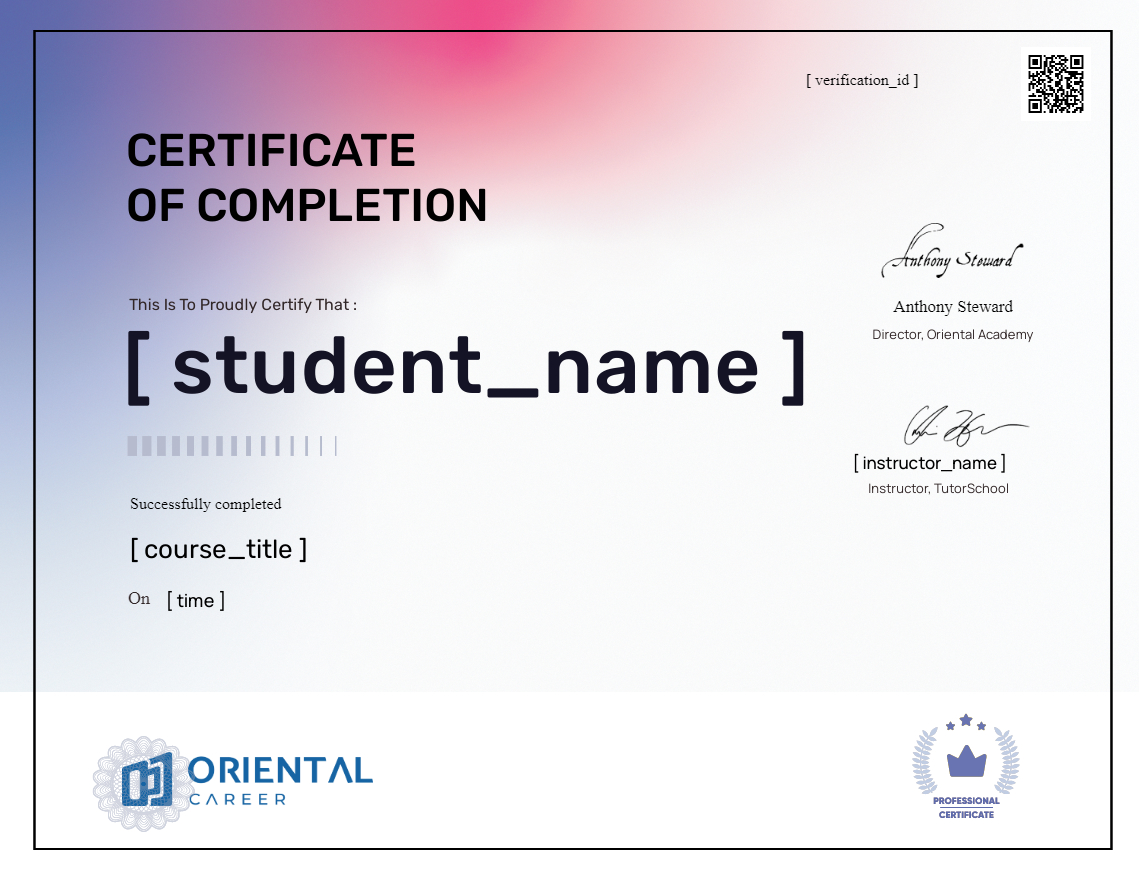Entrepreneurship Series: Launch Your Startup in Grand Style -02
About Course
Once you have a prototype and a clearer vision of the opportunity, you’ll need to create a small organization to discover how to create a repeatable and scalable business model. Designed to provide you with a comprehensive overview of the critical components of creating a start-up, Entrepreneurship 2: Launching the Start-up, provides practical, real-world knowledge about the lean approach, the minimum viable product, when to pivot, when to quit your day job, the art of the pitch, building and managing a team, allocating equity, and building your external team, advisory board members, professional services, and entrepreneurial strategy. At the end of this course, you’ll be able to create a strategy for launch, including knowing who you need to hire, how to manage them to provide the greatest value, and what legal aspects are involved. You’ll also be prepared for Entrepreneurship 3: Growth Strategies.
Course Content
Week 1: The product, the pitch and when to Quit your Day Job
-
1.0 Introduction
02:00 -
1.1 The Lean Approach
09:11 -
1.2 Minimum Viable Products (MVPs)
08:45 -
1.3 Hypothesis and Preliminary Experiments
05:00 -
1.4 The Pivot
04:00 -
1.5 Making the Leap
06:00 -
1.6 The Art of the Pitch
05:26 -
Module 1 PDFs of Lecture Slides
-
The Pitch Process: A VC’s perspective. Interview with Eurie Kim, Forerunner Ventures
27:00
Week 2: Building the Team
Week 3: Network, Professional Services, & Intellectual Property
Module 4: Branding, Strategy and Summary
Earn a Certificate
Add this certificate to your resume to demonstrate your skills & increase your chances of getting noticed.

Student Ratings & Reviews
